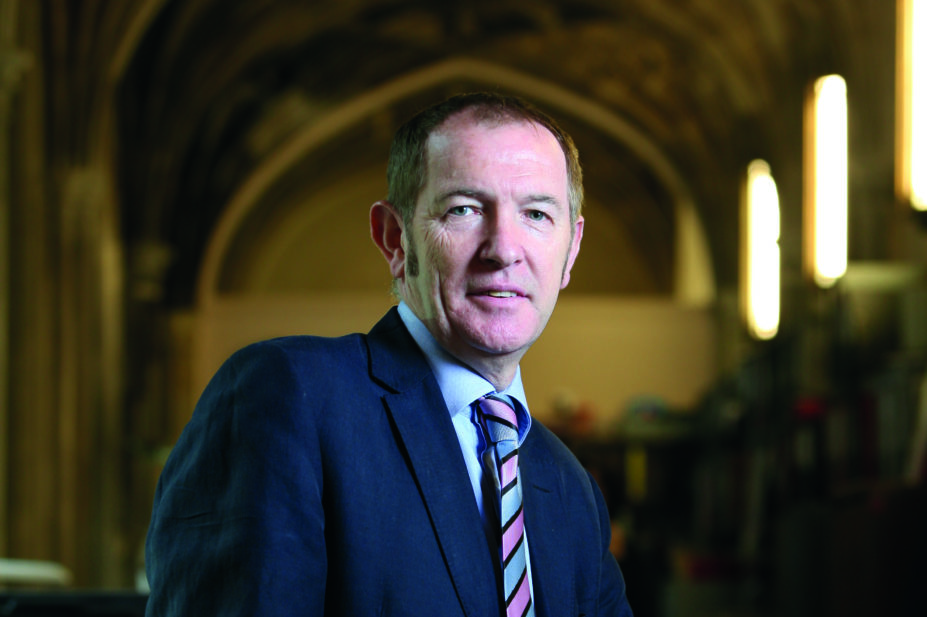
Courtesy, Kevin Barron
The government should use unspent money from the Pharmacy Integration Fund to help community pharmacies play a “fully realised role” in NHS sustainability and transformation plans (STPs), the chair of the All-Party Pharmacy Group (APPG) Kevin Barron MP has said.
Speaking to The Pharmaceutical Journal Barron said it was clear that a “high level of engagement between pharmacy and STPs is not consistent across every STP area, and that a lack of investment in new services can often be a roadblock to further integration”.
And he revealed that he has written to pharmacy minister Steve Brine calling for the integration fund money to be reallocated to make sure pharmacy plays a greater role in the development and delivery of STPs through the development of “innovative new services in community pharmacies”.
Barron’s letter also highlighted concerns that “STP leadership teams often lack a full understanding of the potential and expertise of community pharmacists”.
Barron’s letter follows a hearing held by the APPG in December 2017 into community pharmacy and the sector’s role within the STPs programme.
STPs have been set up across 44 areas, covering all of England, to develop proposals to improve integrated health and care.
Speaking at the meeting Luvjit Kandula chief officer, Leicester, Leicestershire and Rutland Local Pharmaceutical Committee (LPC) warned that pharmacy was not getting “an automatic seat at the table” on STPs and she said there needed to be a better understanding of pharmacy and the role it could play by STP leadership teams.
Kandula said she had been forced to rely on local political representatives to ensure that local community pharmacy was listened to by STP policy makers.
She also warned that as STP plans were finalised, she did not expect that every STP would “embrace community pharmacy” to the same extent.
Alison Gilbert, director of delivery and partnerships at Hertfordshire and West Essex STP called for a common pharmacy policy across the whole of the UK, and for each STP to submit a community pharmacy workforce plan in which they identified how best to use the skills of pharmacy in their area.
Meanwhile, Mani Hussain, Shropshire and Staffordshire Pharmacy Local Professional Network (LPN) chair, told the APPG that while both the LPN and LPC in his area engaged with the local STP, “results were more effective when representatives spoke for the whole of pharmacy, not just one part of the profession”.
Speaking to The Pharmaceutical Journal Hussain admitted he had had to push hard to be heard as the pharmacy voice within his STP.
“I was very persistent and kept contacting the STP leaders to ensure that they did not forget about pharmacy,” he said.
“It was pure persistence and not taking ‘no’ for an answer,” he said.

Source: MAG / The Pharmaceutical Journal
Robbie Turner, director for England at the Royal Pharmaceutical Society, says the RPS will recruit four regional pharmacists to support pharmacist involvement with STPs
Robbie Turner, director for England at the Royal Pharmaceutical Society, said STPs and accountable care systems were the “future of how the NHS is going to be reorganised across England”.
“Greater involvement of pharmacists is very important … however, we remain concerned that there is not enough pharmacy involvement,” he said.
Turner added that the RPS was set to recruit four regional pharmacists whose role would be to support pharmacist involvement with STPs.


